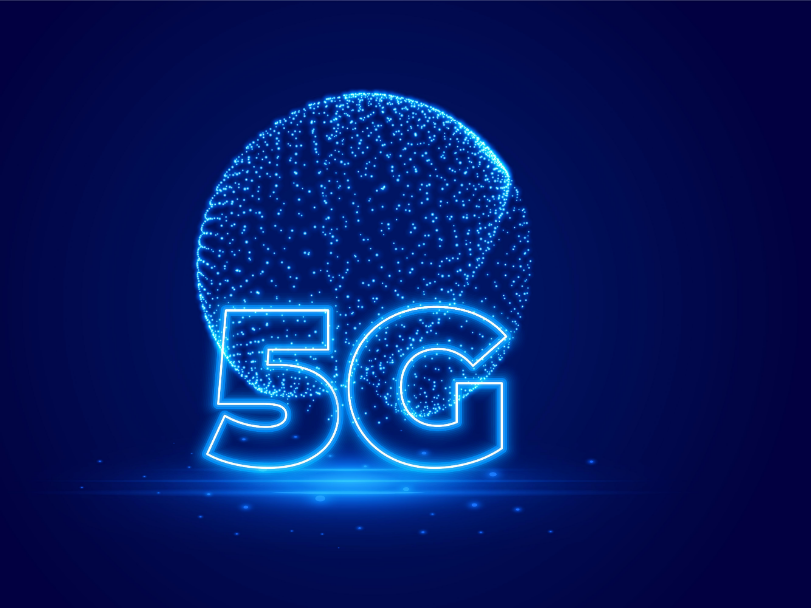- AI and 5G synergy revolutionises industries and daily life.
- Emerging technologies promise unprecedented speed and intelligence.
The convergence of artificial intelligence (AI) and 5G technology is set to transform our world. These two powerful forces are not only changing the way we live and work but also paving the way for innovations we can scarcely imagine.
1. What is AI?
AI, or artificial intelligence, refers to machines and systems that mimic human intelligence. From voice assistants like Siri to complex algorithms that predict stock market trends, AI is already a significant part of our daily lives.
2. What is 5G?
5G is the fifth generation of mobile network technology, promising faster speeds, lower latency, and the ability to connect more devices simultaneously. With speeds up to 100 times faster than 4G, 5G is set to revolutionise industries ranging from healthcare to entertainment.
3. How AI and 5G work together
AI and 5G complement each other in remarkable ways:
a. Enhanced connectivity and speed
5G provides the high-speed, low-latency connectivity that AI applications need to function in real-time. This is crucial for applications like autonomous driving, where decisions must be made instantly.
b. Improved data processing and analysis
AI thrives on data, and 5G’s ability to transfer vast amounts of data quickly means AI systems can process and analyse information faster and more efficiently. This synergy enhances everything from predictive maintenance in manufacturing to personalised healthcare.
Also read: Apple and Meta discuss AI partnership
Also read: Understanding the leap: How 5G outpaces 4G
4. Real-world applications
The fusion of AI and 5G is already making waves:
a. Smart cities
Cities like Barcelona and Singapore are leveraging AI and 5G to manage traffic, reduce energy consumption, and improve public services. These smart city initiatives promise to make urban living more sustainable and efficient.
b. Healthcare advancements
In healthcare, AI-driven diagnostics and 5G-enabled telemedicine are transforming patient care. Real-time data analysis and remote consultations mean better, faster, and more personalised treatment.
5. Pros and cons
a. Benefits
The benefits of AI and 5G are vast. They include faster internet speeds, improved healthcare outcomes, smarter cities, and enhanced industrial automation. These advancements promise to improve quality of life and drive economic growth.
b. Challenges
However, challenges remain. The deployment of 5G infrastructure is costly, and there are concerns about data privacy and security. Additionally, the reliance on AI raises ethical questions about job displacement and decision-making processes.
Industry background
The tech industry is buzzing with excitement over AI and 5G. Companies like Huawei, Ericsson, and Qualcomm are at the forefront of developing these technologies. Meanwhile, governments worldwide are investing billions in 5G infrastructure to stay competitive in the global market.
Personal opinion
The intersection of AI and 5G is nothing short of revolutionary. They represent the epitome of human ingenuity and the relentless pursuit of progress. However, it’s also a time for careful consideration. The ethical implications of AI and the challenges of 5G deployment must be addressed thoughtfully to ensure these technologies benefit everyone.
AI and 5G are poised to reshape our future, bringing speed, intelligence, and connectivity to new heights. The potential is enormous, and the journey is just beginning. The excitement around these technologies is palpable, and as they continue to evolve, they promise to unlock possibilities that were once the realm of science fiction. It’s a fascinating time to be alive, witnessing the dawn of a new technological era.

